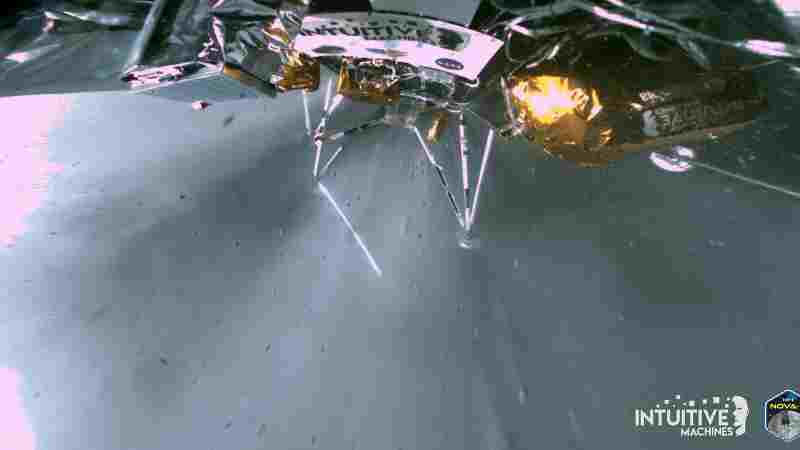Science
Filtration Filters for Aquariums: A Healthier Habitat for Aquatic Life

The Foundation of Aquarium Health
In aquariums—whether home setups or commercial exhibits—clean water is everything. Without proper filtration filters, toxins, waste, and debris build up, leading to poor water quality and stressed or sick aquatic animals. Filters create a balanced ecosystem, mimicking nature’s own purifying processes.
Mechanical, Chemical, and Biological Filtration
Effective aquarium filtration filters combine three core types:
- Mechanical filtration removes solid debris like leftover food and fish waste.
- Chemical filtration uses activated carbon or resins to remove toxins, odors, and discoloration.
- Biological filtration uses beneficial bacteria that break down ammonia into less harmful nitrates.
Choosing the Right Filter for Your Aquarium
The right filter depends on tank size, type of fish, and plants. filtration system Options include hang-on-back filters, canister filters, sponge filters for breeding tanks, and sump systems for large setups. Each offers specific benefits in flow rate, filtration capacity, and ease of maintenance.
Importance of Maintenance and Filter Replacement
Even the best filtration filters require routine cleaning and replacement. Filters can clog over time, reducing water circulation and trapping harmful substances. Aquarium owners must balance cleaning schedules to avoid removing beneficial bacteria during maintenance.
Specialized Filtration for Saltwater Tanks
Marine environments require even more stringent filtration due to the sensitivity of saltwater species. Protein skimmers and UV sterilizers are often added to standard filtration setups for reef tanks and marine aquariums.
Conclusion
For aquarium enthusiasts, filtration filters are essential for creating a stable, healthy, and visually appealing aquatic environment. They don’t just clean the water—they maintain the entire biological balance of the tank. With the right filter, both hobbyists and fish can thrive together in harmony.
Source:
Click for the: Full Story
You might like













 Close Menu
Close Menu